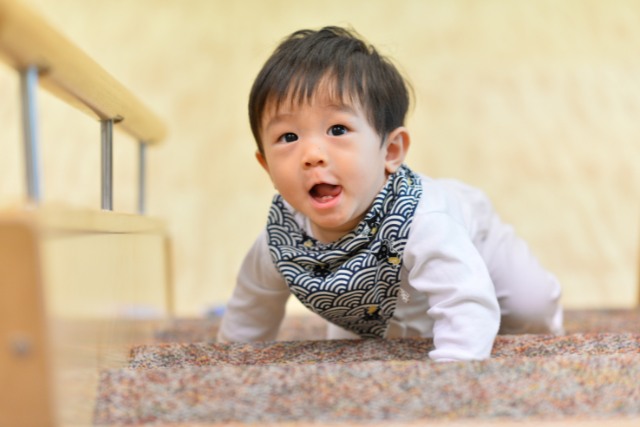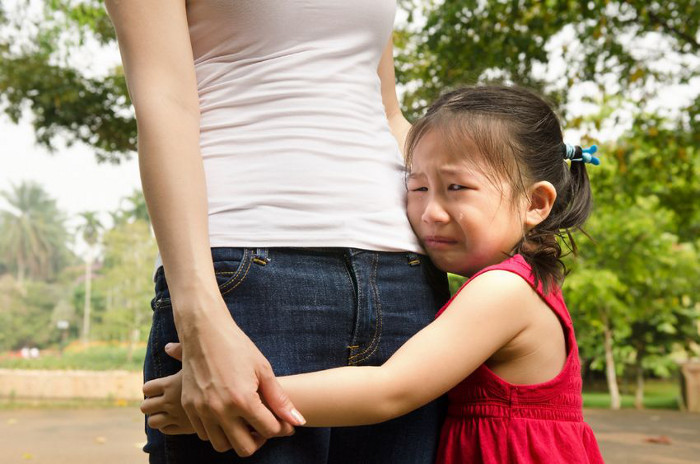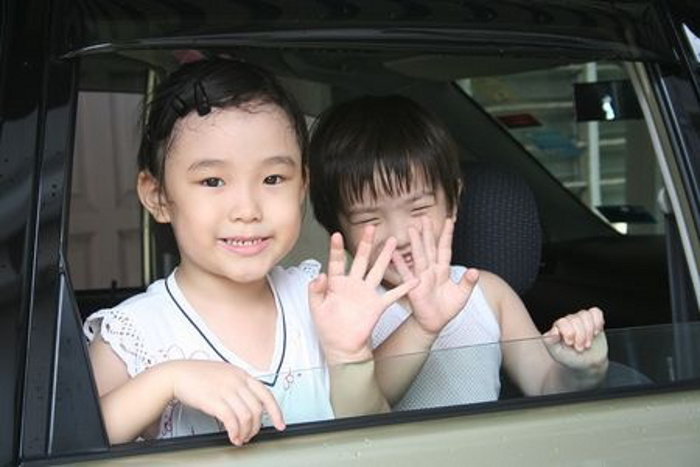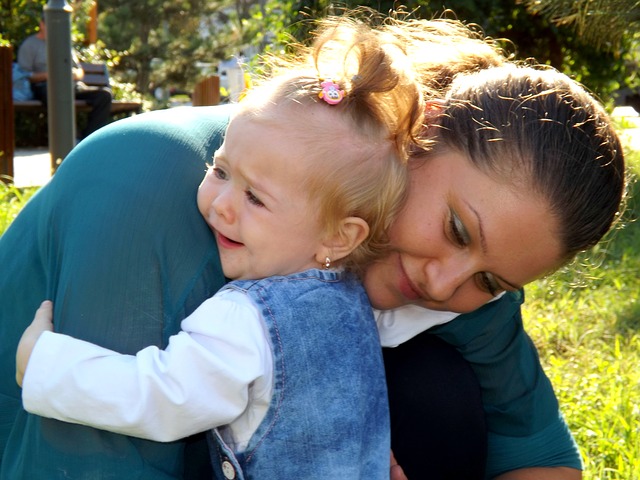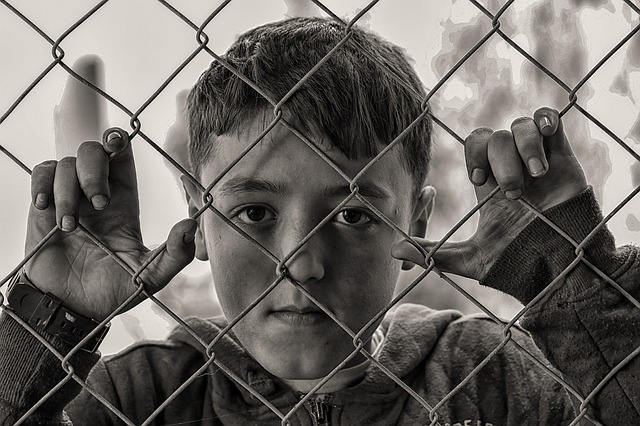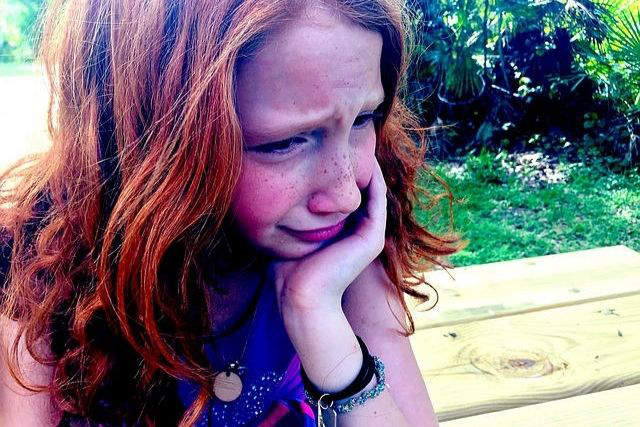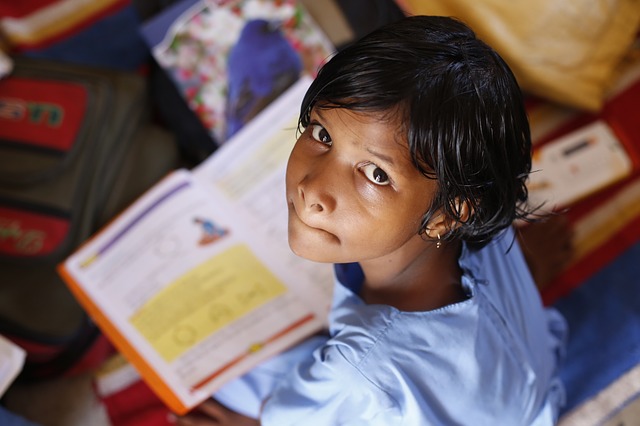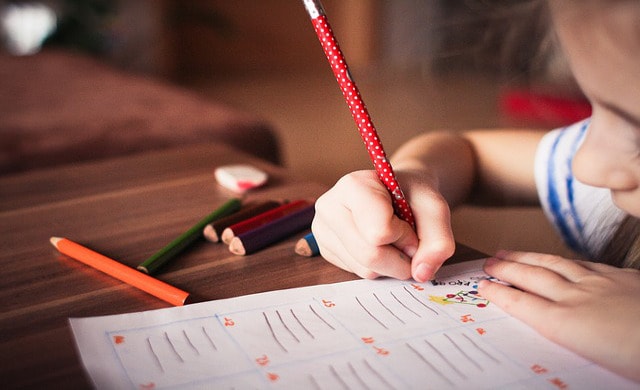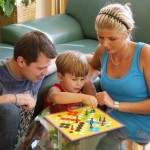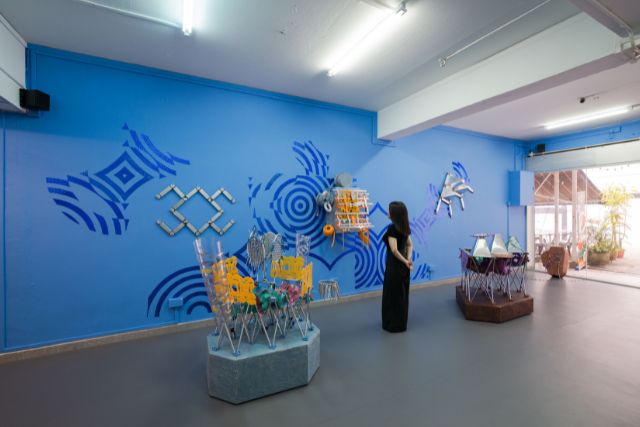Separation from parents is often stressful for young children. During the first few days at preschool, it is likely for children to experience anxiety, particularly when their parents leave the school. Some overcome this easily while others will express separation anxiety.
Ms Nithia Krishnan, Liaison Principal (Continuous Professional Development, Early Childhood Division) of Kinderland shares with us the possible triggers and signs.
Children tend to express separation anxiety through various signs. Some express it through obvious actions such as tears, biting, thumb sucking, clinging to parents, clinging to comfort objects, whilst others express it through feelings such as throwing tantrums and displaying angry moods, frequent irritability or frustration in simple tasks.
Others display their anxiety through the disruption of usual routines. They may refuse meals or refuse to sleep as a result of having nightmares due to the inbuilt fear that they had created. They may also tend to have stomach upsets or frequent toilet accidents, which may delay their time to be present at school or hamper them from attending school.
Parents also face difficulties in understanding why their child is undergoing a period of separation anxiety. Some question themselves while dealing with their child’s separation anxiety:
– Do I feel guilty about putting your child at the Centre?
– Do I feel anxious about separation and the effects on your child?
– Do I feel overly protective towards your child?
– Am I concerned about the quality of care for your child?
How long will this anxiety last?
The good news is that given time, most children and their parents adjust to the new environment. However, the period of adjustment varies from child to child, which can range from two days to about ten weeks. The majority of children adapt to their environment in about a week.
Why are some children less anxious than others?
The period of time that a child takes to adjust depends on the child’s experiences with previous separations and on their personality and temperament towards adjusting to a new environment or a new caregiver. How quickly a child adjusts is also influenced by the parent’s confidence in the caregiving arrangement.
A child’s trust in his or her parent and the educator and their patience, understanding and support is vital for any child during this period of time, however, a parent and an educator will need to consistently assure the child during his or her adjustment period.
What can I do?
- Be calm and reassuring in your speech and manner. Your anxiety can be felt by your child, who may then take a longer time to adjust to his new environment.
- Always say goodbye with a smile and a hug; don’t sneak away without your child’s knowledge!
- Emphasize the positive elements and be supportive of your child’s attempts to join in group play
- Build your child’s trust in you by keeping to your promises, and take time to explain when changes are made
- Have trust and confidence in the teachers and caregivers, and be an active partner in your child’s education.
By Ms Nithia Krishnan, Liaison Principal (Continuous Professional Development, Early Childhood Division) of Kinderland.
This article was first published in The New Age Parents e-magazine.
* * * * *
Any thoughts after reading this article? Please feel free to leave us your comments!
Running a service or business targeted for parents? Reach out to a wider audience in our Best Preschools in Singapore compilation. Leave your contact details here and we will get in touch with you.













